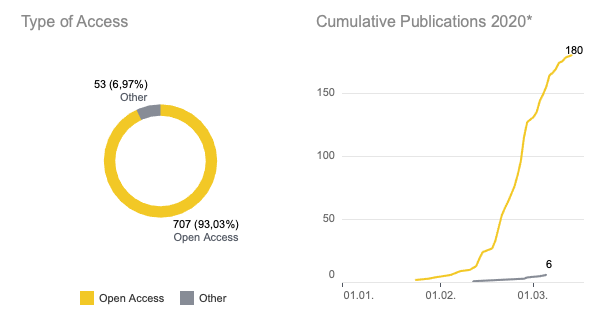
Mafalda Sandrini Some days ago, a friend of mine told me that while she was grocery shopping, a 60 to 70 years old man shouted at her because she was wearing a mask. She was shocked: how could the man not understand she wanted to protect him? “I could be a weapon to him”, she told me. My friend, as far as she knows, did not have the COVID-19 disease, but she claimed she could not know for sure.








